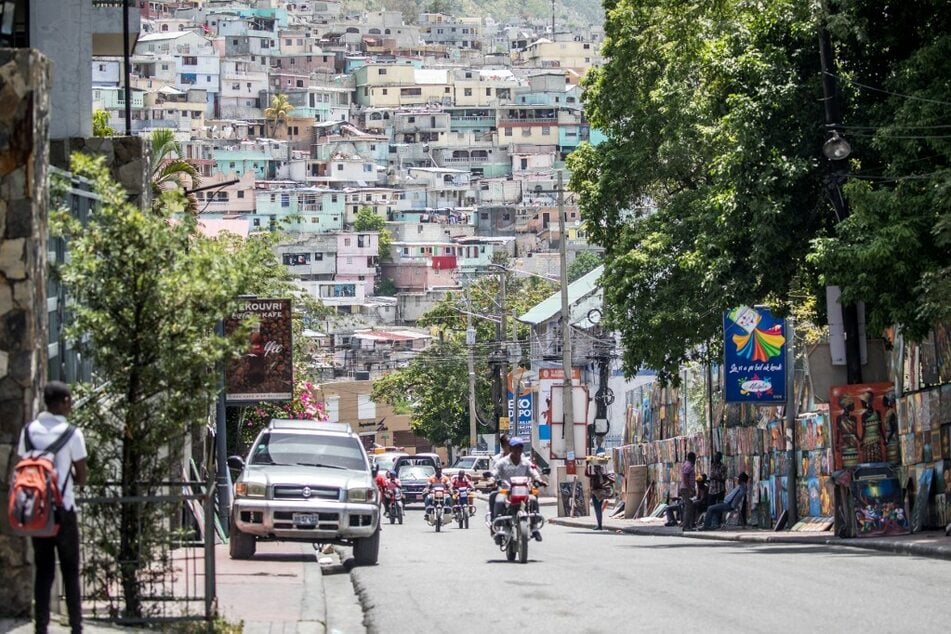Haiti's losses from reparations to former slaveholders calculated in new report
Port-au-Prince, Haiti - Even after gaining independence, Haiti was forced to continue paying huge sums to France. The New York Times estimated how much this has cost the country – and the results are staggering.

In 1804, Haiti became the first country where enslaved people rose up to defeat their colonial oppressors.
Even after securing their freedom, Haitians actually had to pay huge sums to France to avoid the threat of war.
Calls for reparations are amplifying across the Americas. Many advocates are pointing to stories like Haiti's to show why their demands cannot be ignored.
A new report by the New York Times has calculated the estimated amount Haiti has lost due to their continued financial exploitation by France and other colonial powers.
After the successful revolution, France sent warships to the Haitian coast and demanded that the Haitian people pay to avoid war. They asked for 150 million francs, broken up into five payments in one year.
Even just the first of 30 million francs was more than six times Haiti's entire revenue that year!
Haiti forced to take out loans

Haiti was forced to take out loans to cover the debt, with French bankers raking in even more in profits off interest and commissions, the report continues to explain.
France made sure Haiti kept paying by sending warships and issuing threats of violence.
Reports show that Haiti paid 112 million francs over seven decades, amounting to around $560 million by today's standards.
The New York Times said that Haiti has likely lost $21 billion due to those payments, calling their estimate "conservative." With the loss of growth the country experienced due to astronomical debt, the report calculates at least a $115-billion loss for Haiti.
A French bank also came in to set up Haiti's first national bank, but it was actually a guise to suck even more money out of the country. Haiti couldn't deposit or spend any of its own money without paying commissions to French bankers!
While France used that money they collected to build iconic photo ops like the Eiffel Tower, Haiti was thrown into a cycle of poverty and underdevelopment that still racks the country to this day.
The role of the United States

The United States also took part in the draining of Haitian resources and finances.
American banks took over part of Haiti's national bank and participated in denying loans to the Haitian government.
The National City Bank of New York convinced the US State Department to send Marines into Haiti to remove $500,000 from the Haitian national bank in 1914. That money went back to New York.
The next year, the US invaded Haiti, took over the government, and rewrote the country's Constitution. They stayed for 19 years.
In that time, Haitians were forced to do physical labor without compensation – which was essentially another form of enslavement. All the while, the US controlled Haiti's finances and forced them to take out loans from Wall Street.
The investigation shows that colonial governments and Western financial institutions are entirely complicit in the extreme poverty Haitians experience today, adding fire to the call for justice.
Cover photo: Valerie Baeriswyl / AFP

